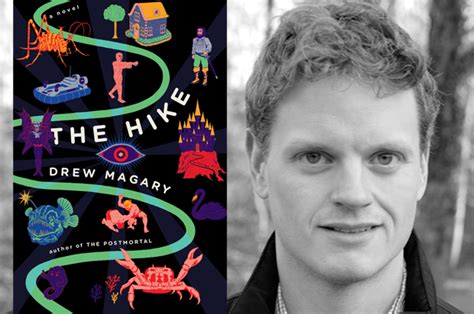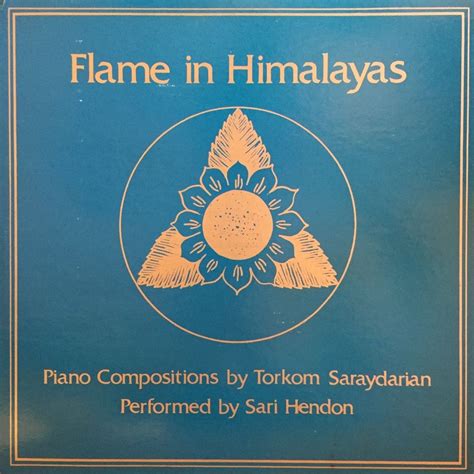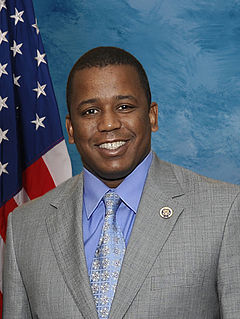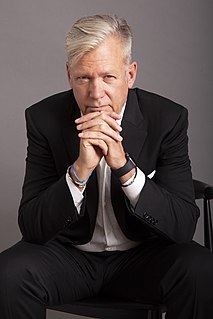A Quote by Drew Magary
I'm always amazed by people like David Simon or the people at The Simpsons or J.K. Rowling who can create dozens and dozens of memorable characters. It seems so effortless, and even people who have just three lines in the shows or in the book have a very distinct personality, and you can feel the richness of their personal history.
Related Quotes
Most people go through their whole lives," John went on, "and never have one miracle happen to them. You've had dozens and dozens, and you still want more! It's like God gives you a brownie, I mean a really good brownie, but you can't be content with it. You want the whole pan of brownies. Nobody gets that.
There are three kinds of people and three kinds of richness:
- people who want to have, to collect
- people who want action, work and labor
- people who want to be
The real richness is in be-ness. People can take all that you have, all that you collected. People can stop your labor, or an accident can stop you. When you are, you never lose what you are.
It's funny what [producer Richard Zanuck said about even though you can't quite place when the book or the story came into your life, and I do vaguely remember roughly five years old reading versions of Alice in Wonderland, but the thing is the characters. You always know the characters. Everyone knows the characters and they're very well-defined characters, which I always thought was fascinating. Most people who haven't read the book definitely know the characters and reference them.







































